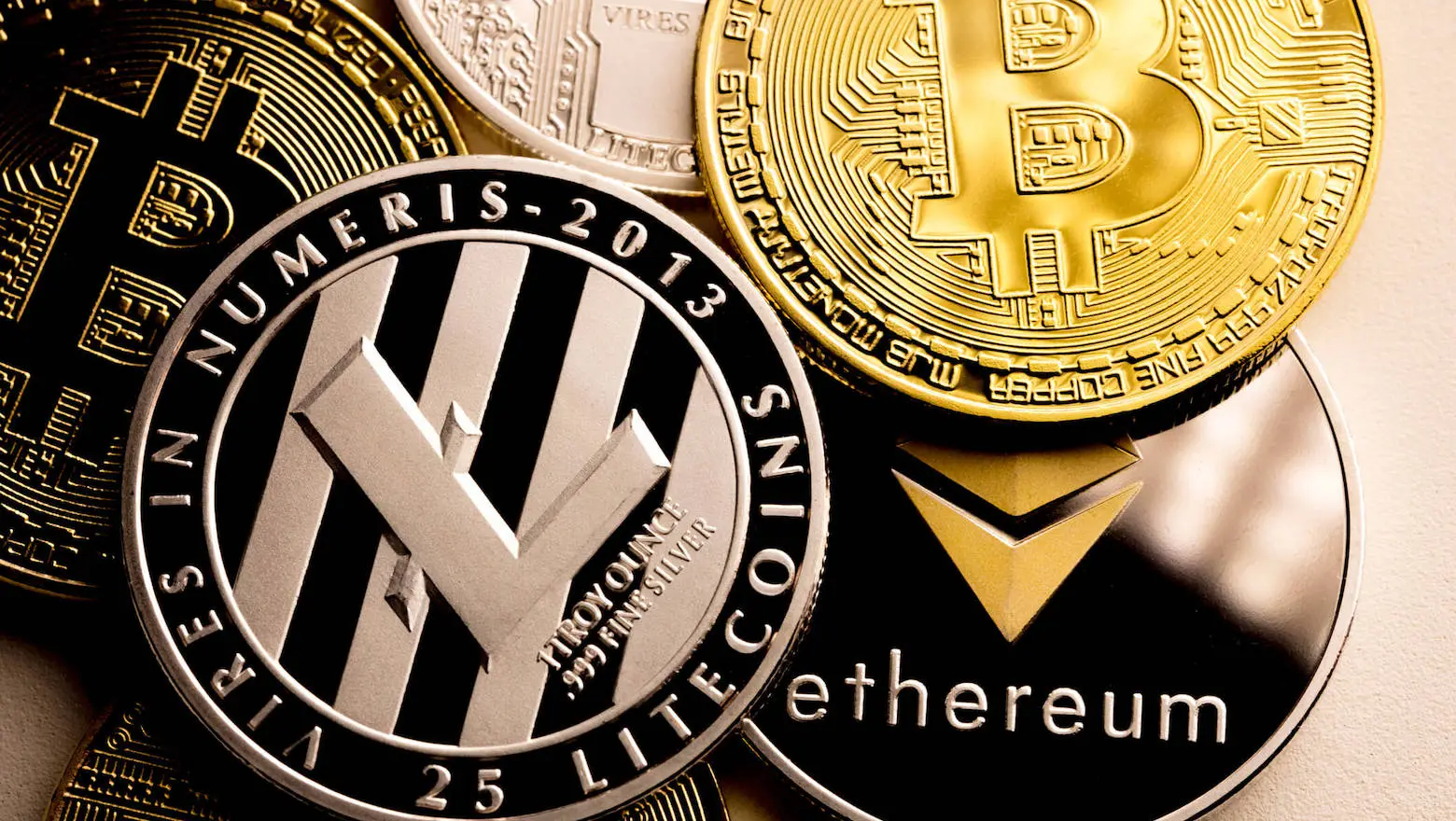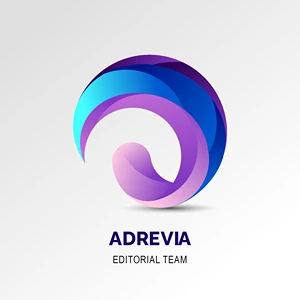What exactly is a token?
In a strict sense, “token” is nothing more than a synonym for “cryptocurrency” or “cryptoasset.” But as time has gone on, it has gradually begun to acquire a handful of meanings that are more particular depending on the circumstance. The first step is to explain everything about cryptocurrencies other than Bitcoin and Ethereum (even though they are technically also tokens). The second uses the term to refer to specific digital assets that operate on top of the blockchain of another cryptocurrency, as do many decentralised finance tokens (also known as DeFi tokens). Tokens may serve a wide variety of purposes, from facilitating decentralised exchanges to facilitating the sale of rare goods in online games. On the other hand, any of them may be sold or owned just like any other coin.
The term “token” is frequently used in the context of cryptocurrencies. In point of fact, you may hear Bitcoin referred to as a “crypto token” or anything along those lines. This is due to the fact that, strictly speaking, all cryptoassets may also be referred to as tokens. However, in recent years, the phrase has come to be associated with not one but two distinct meanings, both of which are utilised frequently enough to make it likely that you may come across them.
-
In common usage, the term “token” refers to cryptocurrencies other than Bitcoin and Ethereum (even though they are also technically tokens). Because Bitcoin and Ethereum are by far the two most popular cryptocurrencies, it is helpful to have a name that can describe the entire universe of other coins. “Altcoin” is another term you can come across that has essentially the same meaning as “cryptocurrency.”
-
The second, more widespread application of the word “token” refers to cryptoassets that are built on top of the blockchain of another coin and has an even more particular sense. If you have an interest in decentralised finance, you will definitely come across this usage (or DeFi). DeFi tokens such as Chainlink and Aave, unlike cryptocurrencies like as Bitcoin, do not have their own dedicated blockchain. Instead, they run on top of or leverage an existing blockchain, most frequently Ethereum’s.
-
Tokens that fall into the second category provide decentralised programmes with the ability to accomplish things such as automate interest rates and sell virtual real estate. However, they may also be owned or exchanged in the same manner as any other cryptocurrency.
Why are tokens such a big deal?
It is helpful to have a general understanding of the meanings that are often associated with the phrase “cryptocurrency,” since you will encounter it rather frequently while conducting research on virtual currencies. But in addition to the broad definitions provided in the section that was just read, there are also specific kinds of cryptoassets that actually bear the word “token” in their names. The following are some instances of those:
-
DeFi tokens: In recent years, a new universe of cryptocurrency-based protocols has evolved with the objective of reproducing the capabilities of traditional financial systems (such as lending and saving, insurance, and trading). These protocols generate tokens that are capable of performing a broad range of services, but in addition to that, they may be exchanged or kept just like any other coin.
-
Governance tokens: These are specific DeFi coins that allow holders a vote in the future of a protocol or software that, due to the fact that they are decentralised, do not have boards of directors or any other kind of central authority. For instance, the widely used system for saves called Compound gives each user a token that is called COMP. The holders of this token have a vote in determining how Compound will be enhanced. You will receive a greater number of votes according to the number of COMP tokens you possess.
-
Non-Fungible Tokens (NFTs): NFTs are a representation of ownership rights to a particular digital or physical item. They have the potential to make it more difficult to copy and distribute digital works created by its users (an issue anyone who has ever visited a Torrent site full of the latest movies and video games understands). They have also been used to release a limited quantity of digital artworks or sell one-of-a-kind virtual goods like rare items in a video game. This is done through the use of blockchain technology.
-
Security tokens: There is a new category of assets called security tokens, and its goal is to be the crypto counterpart of traditional securities such as stocks and bonds. The primary application for them is eliminating the need for a broker when selling firm shares or other types of businesses (like real estate) such as fractional shares of stock on conventional markets. This is their most common use case. It has been stated that major corporations as well as startups are looking into the possibility of using security tokens as a possible alternative to conventional means of funding.
 ADREVIA
ADREVIA










Adrevia Editor Team
A team of editors and writers who are passionate about writing and editing articles. The team is mainly responsible for creating engaging articles for our users and providing more information on how businesses can be improved with writing.